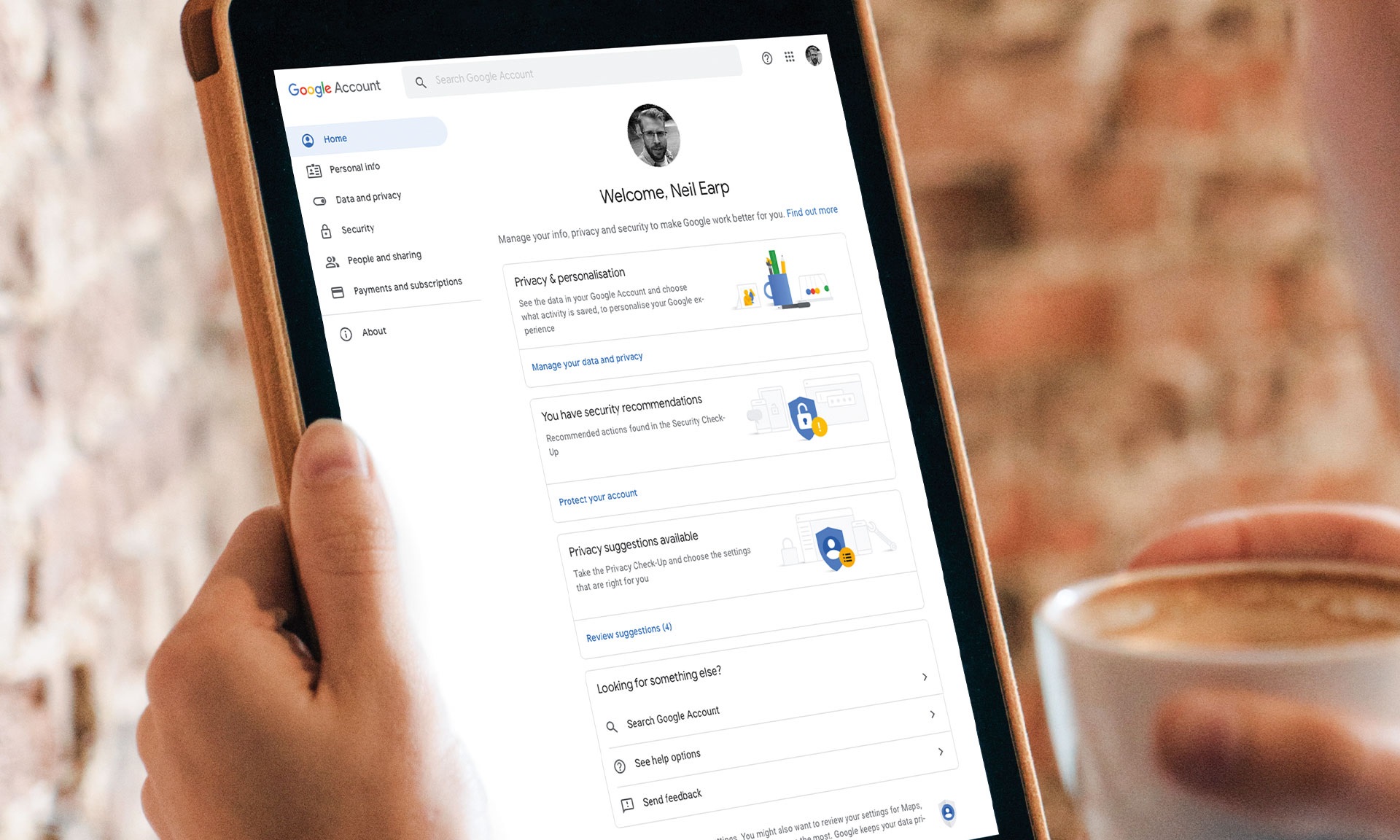
Before exploring protective measures, it’s crucial to acknowledge the significance and sensitivity of your personal information. During Google Account Sales, you may be providing access to various types of personal data, including but not limited to:
- Contact information (email addresses, phone numbers)
- Personal identifiers (name, date of birth, address)
- Login credentials (usernames, passwords)
- Financial details (credit card information, bank accounts)
- Personal preferences and customized settings
Vet the buyer thoroughly
Protecting your personal information ensures you deal with a legitimate and trustworthy buyer. Scrutinize the buyer’s profile, reputation, and history before engaging in any transaction.
- Research the buyer’s background, including their business, location, and online presence. Look for reviews, testimonials, or any signs of a solid online reputation.
- Communicate directly with the buyer and ask questions about their intentions, plans for using the account, and their level of technical expertise. A genuine buyer should be transparent and willing to provide detailed responses.
- Be cautious if the buyer hesitates to share information or their responses seem vague or inconsistent. Trust your instincts; if something feels off, it’s better to leave the deal. More information is available at accgoodmarket.com.
Utilize secure payment methods
Regarding financial transactions, ensuring the security of your payment information is vital. Choose secure and trusted payment methods that offer buyer protection and dispute resolution mechanisms. Here are some recommendations:
- Opt for well-known payment processors with solid security measures like encryption and fraud detection systems. Examples include PayPal, Stripe, or escrow services.
- Avoid direct bank transfers or wire transfers, especially if you must vet the buyer thoroughly. These methods often offer little to no recourse if something goes wrong.
- Use credit cards with built-in fraud protection features. Major credit card companies typically provide chargeback options if you encounter any issues or fraudulent activities.
- Never share your financial information, like credit card details or bank account numbers, directly within emails or chat messages. Always input this information only on secure payment processing pages.
Change all passwords and secret questions
- Change your Google Account password to a strong and unique one you don’t use anywhere else. A password manager helps generate and secure complex passwords.
- Update the security questions and answers associated with your Google Account. Provide false answers that only you know, making it harder for anyone else to guess or obtain this information.
- If you use two highly recommended two-factor authentication methods, ensure you control the secondary device or process (such as a mobile app) for generating codes.
- Consider enabling Google’s Advanced Protection Program, which provides an even higher level of security for your account.
Remove sensitive and personal information
- Emails – Forward or download essential emails you need and then delete the rest, especially those containing personal or confidential information.
- Contacts – Export your contacts and save them elsewhere before removing them from the account.
- Files and Photos – Transfer or download all essential files, documents, and photos to a secure location. Then, delete them from the account, including any data stored in Google Drive, Gmail attachments, or Google Photos.
- Payment Information – Remove any saved credit card or bank account information from your Google Account and associated services, such as Google Pay or Google Store.
Revoke access to third-party apps or websites you’ve granted permission to through your Google Account. Review and revoke access in the Security section of your Google Account settings.






